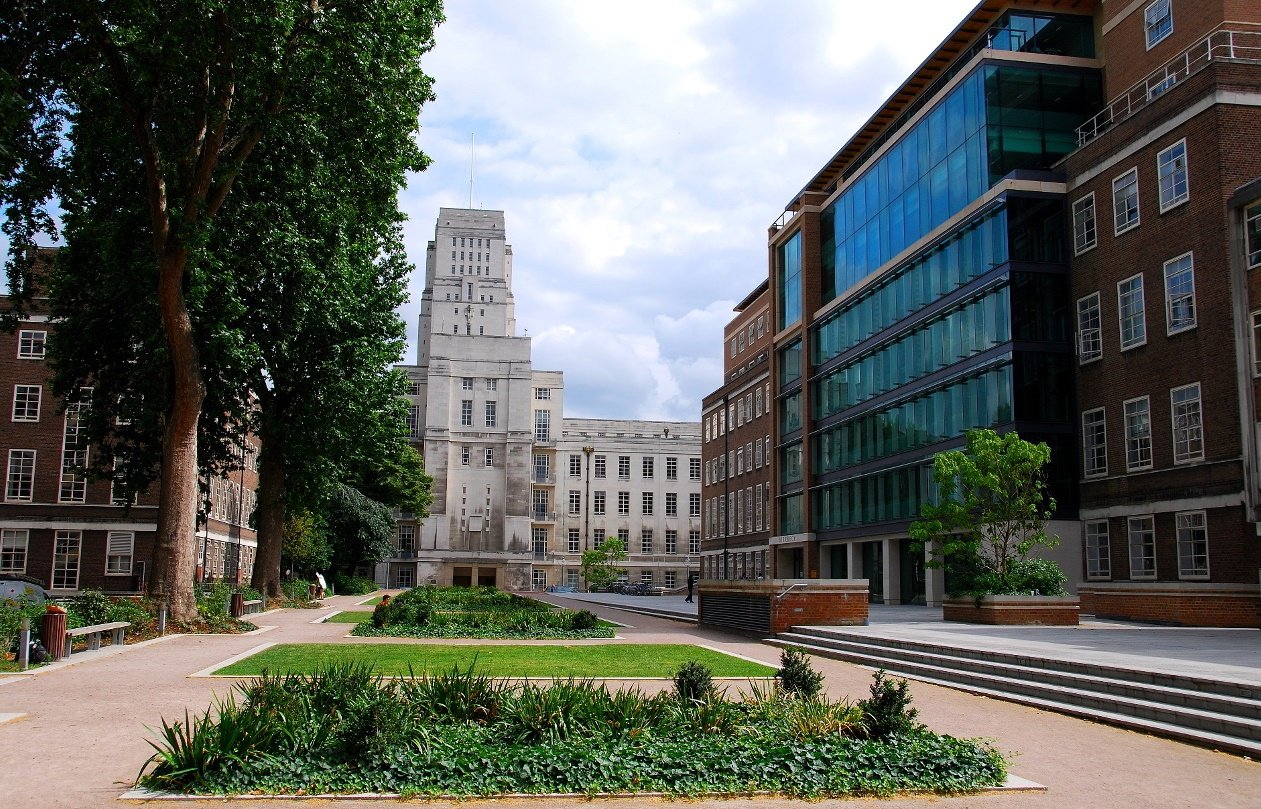
Birkbeck University says there has been a drop in demand for its courses
Photo: Wikimedia Commons
Exclusive: Academics hit out at Birkbeck creative cuts
Leading academics call for a rethink of plans to cut creative teaching posts at Birckbeck, University of London, which they say will undermine its global reputation for excellence.
Senior arts and culture academics from across the world have joined criticism of plans to cut 140 roles at Birkbeck, University of London, labelling the proposals a "drastic solution driven by disappointing short-termism".
The cuts will include up to 11 positions in the department of English, Theatre and Creative Writing as well as seven roles in Film, Media and Cultural Studies departments.
It follows similar announcements from the University of Wolverhampton and Roehampton University earlier this year.
READ MORE:
- Performance studies threatened by proposed university cuts
- Alarm at plans to cut higher education arts funding in half
Birkbeck, which offers classes almost exclusively in the evenings, and encourages applications from students without traditional qualifications, has said it needs to make the cuts to make good a multi-million pound deficit caused by a fall in student numbers.
But an open letter signed by more than 70 academics from universities across the UK, as well as institutions in Australia, Canada, France, Ireland, Japan, Serbia, Singapore, South Korea and Taiwan, has urged a rethink.
'Disbelief'
It describes collective "disbelief" at the proposals, labelling them a "drastic solution driven by disappointing short-termism", pointing to the fact that Birkbeck's Department of Film, Media and Cultural Studies is "a leading centre of interdisciplinary teaching and research" across film, media, arts management, cultural policy and journalism.
It adds that its research excellence is evidenced by the fact that it was ranked fourth in the national Research Excellence Framework 2021 in Art and Design.
"The department’s programmes in arts management and cultural policy are among the best known and longest established in the UK and globally," the letter states.
"During the past 20 years, Birkbeck has produced numerous cultural managers, arts marketers and cultural policymakers and offered career-boosting training to those who were already in the sector.
"Its programmes in arts management and cultural policy, film and TV, and journalism have a distinctive ethos and significance with their emphasis on cultural value, equality and sustainability.
"Any job cuts and reorganisation will deeply undermine the coherence of this renowned department. Furthermore, it will incur a huge loss for students who need accessible evening class in the above areas and will have a knock-on effect for London’s creative sectors.
"We believe that what this department deserves is congratulations and support not the threat of redundancies."
Link with creative economy
The letter, addressed to David Latchman, Vice-Chancellor of Birkbeck, and Andrew Cahn, Chair of the university's council, suggests a change course on the proposals.
"We strongly believe, Birkbeck will benefit more from a longer-term strategy based on its existing strength – academic excellence and its distinct brand," it states.
"The staff in the Department of Film, Media and Cultural Studies and their cross-disciplinary teaching are essential assets as the college seeks to devise innovative strategies of recruitment, develop flexible teaching on/offline and strengthen the college’s linkage with the real world of creative economy."
The signatories include two UNESCO Chairs – Professor Andy Pratt of City, University of London, and Professor Milena Dragićević Šešić of the University of Arts, Belgrade, as well as renowned cultural economist Professor David Throsby of Macquarie University in Sydney.
Birkbeck's local University and College Union (UCU) has already vowed to fight the proposals, saying they are "a disaster for students and the university".
Last month its members overwhelmingly voted for a motion of no confidence in the senior leadership team and to move towards an industrial dispute.
Birkbeck University has been contacted for comment.
It has previously said that the proposals were developed and published as part of a wider five-year strategy developed in consultation with staff to ensure that the university adapts to changes in demand for its courses and the ways in which students want to study.
The full letter can be accessed here.
Join the Discussion
You must be logged in to post a comment.